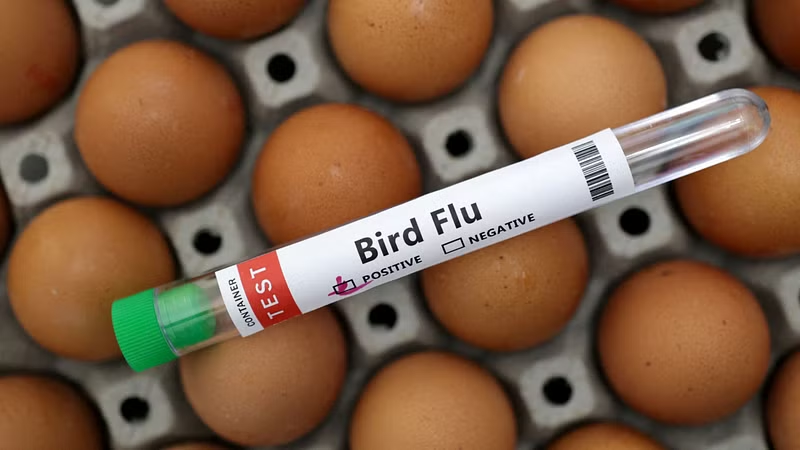A recent study published in Nutrients explores the utility of lemon verbena in improving the sleep of individuals with poor sleep.

The health effects of poor sleep
The lack of adequate and/or restful sleep affects millions of people throughout the world, as it disrupts their normal functioning and emotional equilibrium. Sleep disorders also reduce coping ability and hinders social interactions. As a result, poor sleep reduces affected individuals’ quality of life, in addition to increasing their risk of neuropsychiatric issues and other medical illnesses.
Poor sleep interacts bidirectionally with stress; therefore, if both occur together, the prognosis is worse. Although certain therapeutics are available to treat sleep disorders, their effects are often short-term. Additionally, many of these medications have the potential to be addictive and cause adverse effects.
Due to the limitations associated with conventional sleep treatments, increased research has been dedicated towards the identification of non-pharmacological therapies. To this end, previous studies has demonstrated that various herbal formulations have the ability to potentiate sleep quality and modulate pain intensity in adults suffering from chronic pain.
Lemon verbena (‘Aloysia citrodora Paláu’ or Lippia citrodora Kunth) possesses antioxidant, anxiolytic, antimicrobial, anti-cancer, and sedative properties, which have been attributed to the presence of verbascoside in lemon verbena leaves. Verbascoside, which is a polyphenol, binds to the γ-aminobutyric acid type A (GABA-A) receptor to reduce activity in calcium and cyclic adenosine monophosphate (cAMP) channels, while increasing the expression of dopamine, serotonin, noradrenaline, and other excitatory neurotransmitters.
Lemon verbena extract treatment for eight weeks has previously been shown to reduce stress and improve sleep. The current randomized controlled study aimed to further investigate these results in a larger study cohort, while also assessing the impact of lemon verbena on melatonin levels.
About the study
The current study involved the use of a nutraceutical formulation of lemon verbena over a 90-day period, in healthy individuals with sleep problems. The study was conduced at the Health Sciences Department of Universidad Católica San Antonio de Murcia (UCAM) in Murcia, Spain.
The formulation contained at least 24% verbascoside, with 400 mg lemon verbena in each capsule. Sleep quality was assessed at baseline, mid-study, and at the last visit using Visual Analog Score (VAS), Pittsburgh Sleep Quality Index (PSQI), and actigraphy. Actigraphy was used to assess four sleep-related domains including latency, efficiency, wakefulness after sleep onset, and awakenings.
The study included 80 individuals who were equally divided into the intervention and control groups. By the end of the study, 33 individuals remained in the experimental and 38 in the placebo group.
The mean age of the study cohort was 29.5 years, with the average weight being 70.8 kg. The mean VAS of sleep quality at baseline was 3.7 for both groups.
At 90 days, there was a significantly greater improvement in sleep quality in the intervention group as compared to controls in terms of VAS and PQSI. All four domains of sleep also improved, with fewer nocturnal awakenings.
Stress was reducedby 5.8 and 9.1 points in the control and intervention groups, respectively. Anxiety levels in the intervention group also decreased significantly.
Melatonin levels at night rose significantly in the intervention group, thus indicating the mechanism of sleep improvement with lemon verbena supplementation. No changes in systolic and diastolic blood pressure, nor heart rate or other laboratory tests, were observed in either treatment group.
Conclusions
Improved sleep was observed using three different methods with lemon verbena extract, along with reduced anxiety and increased melatonin levels. Taken together, these findings support the results of an earlier randomized control trial reporting similar wide-ranging improvements in all four sleep domains and insomnia severity.
The broad spectrum of improvement with lemon verbena included the ability to sleep faster and more restfully, while also reducing the frequency and duration of complete awakenings from sleep. These effects may be due to the 24% concentration of verbascoside used in the current formulation.
Lemon verbena has been shown to be an anxiolytic and hypnogogue, in addition to inducing favorable changes in mood states. Notably, the current study was the first to report that lemon verbena also increases melatonin production.
These encouraging results warrant further studies with a larger and more diverse study population with a longer duration of use to validate and extend the findings.
Journal reference:
- Perez-Pinero, S., Munoz-Carillo, J. C., Echepare-Taberna, J., et al. (2024). Dietary Supplementation with an Extract of Aloysia citrodora (Lemon verbena) Improves Sleep Quality in Healthy Subjects: A Randomized Double-Blind Controlled Study. Nutrients. doi:10.3390/nu16101523









